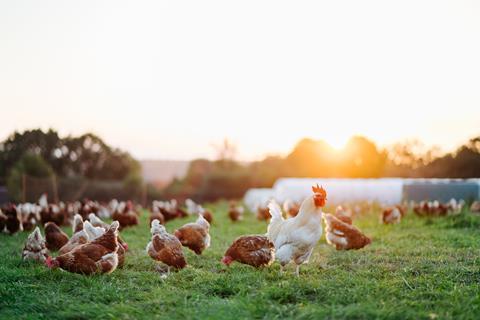
Bird keepers have been urged to remain vigilant and maintain high biosecurity standards following Defra’s decision to end the avian influenza housing order.
The housing order will end on 18 April in England and Wales after being in force for over six months, Defra has confirmed. There is no housing order in place in Scotland.
The UK’s the chief veterinary officer said bird flu risk levels are now reduced and poultry and other captive birds will no longer need to be kept inside, unless they are in a protection zone or captive bird monitoring-controlled zone.
The outbreak has resulted in more than 1.3 million egg-laying hens and pullets being culled across 175 affected premises this season.
Egg producers would be “relieved to see their hens outside again” following “the worst season” for UK cases, said Robert Gooch, CEO of the British Free Range Egg Council.
“However, it is vital that all poultry keepers – regardless of bird numbers – continue to treat the situation as high risk, taking all necessary precautions to limit the continued transmission of the virus now that hens are ranging again,” he added.
The trade body warned small flock and backyard keepers in particular as they “may not be aware that practising good biosecurity principles can help protect nearby farms”.
From 18 April, eggs laid by hens with access to outside range areas can return to being marketed as “free-range” eggs.

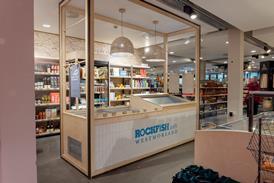

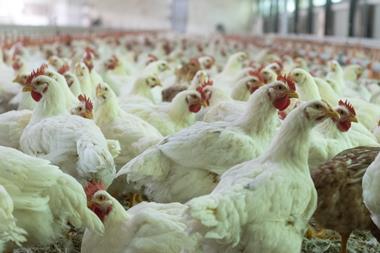
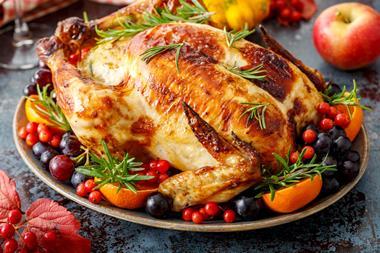
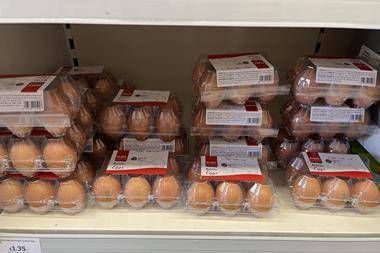
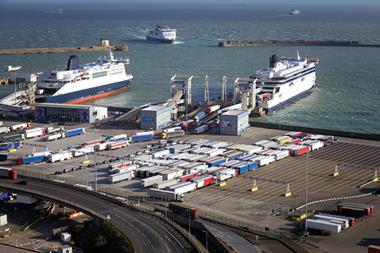
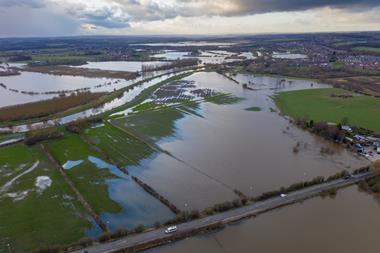


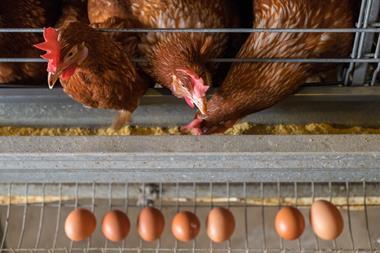
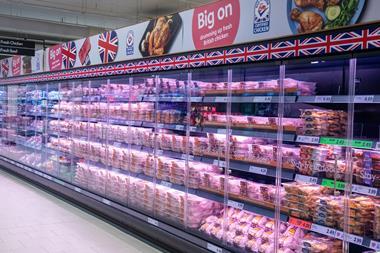
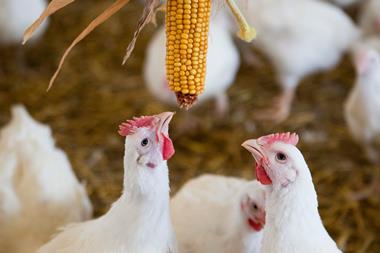


No comments yet